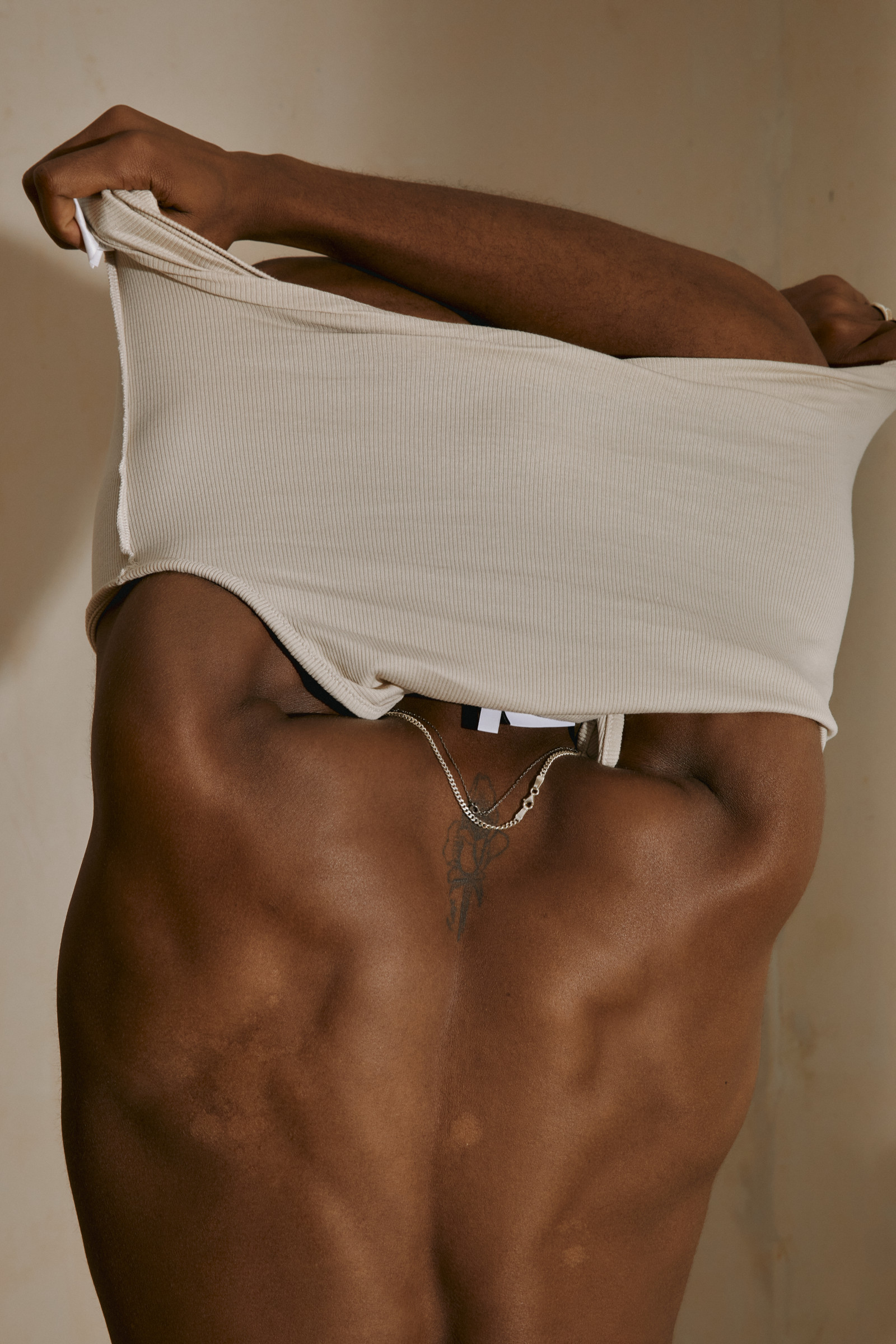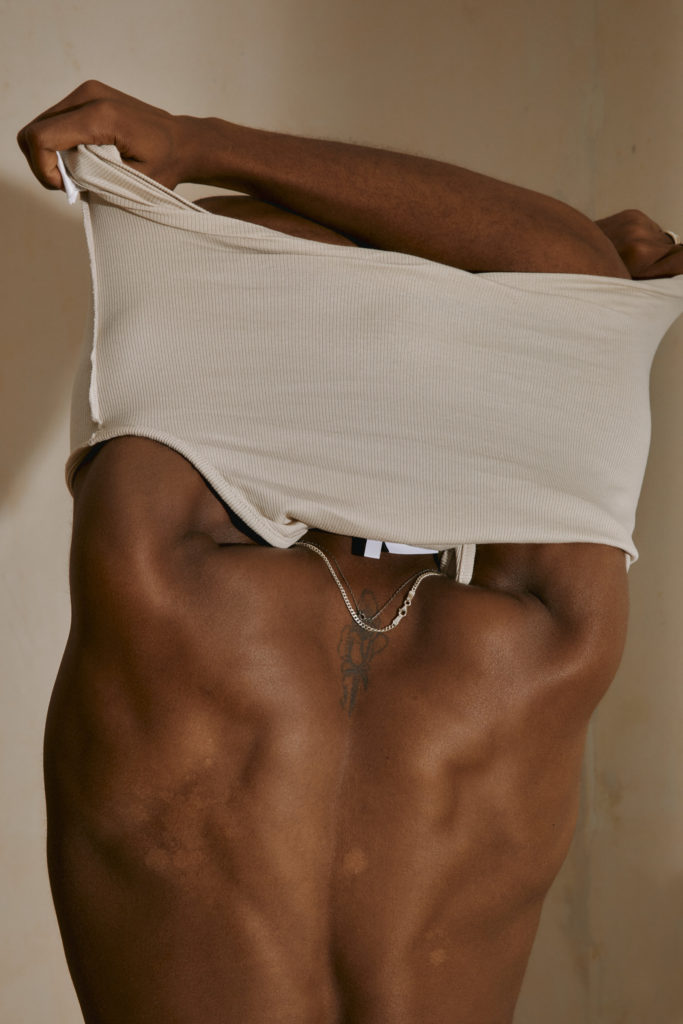
Your feelings towards your body image dictate your attitude about sex in several ways.
- They control how interested you are in sex in general; whether you’re always seeking it out, or doing everything in your power to avoid it. You don’t get more front & center than being in your bday suit during a sexual experience.
- If you feel poorly about your body image, you may be hesitant to initiate sex. You may even try to avoid certain positions that highlight your specific insecurities. While having sex, a critical inner voice can distract you and make it difficult for you to focus on pleasure. When you struggle with feelings of unworthiness, it can be difficult to make intimate connections. Therefore, you may develop a subconscious belief that you’re simply a vehicle for your partner’s pleasure, without expecting reciprocity.
- Most of us receive unsolicited feedback about our bodies at family/social gatherings, on social media, or from our partners. Usually, we know these casual comments have no ill-will. But they can still tend to surface at the forefront of our minds as soon as the mood strikes and it’s time to strip. How many of us have insisted on keeping a shirt or a bra on during sex before?
- Did you know we even inherit body shame from our mothers? How we view our bodies is shaped first by how we see our mothers’ bodies, and the relationship we observe they have with their own.
For many of us, this voice has been talking to us for so long we don’t even notice it anymore. Just like being bullied as a child, we eventually learn it’s easier to surrender to it than to try to intervene.
That critical inner voice’s original purpose was for self-protection,
but as soon as you realize it’s stopped serving you (like making it difficult for you to find pleasure in sex), it’s 100% necessary to challenge it.
So what do you do now?

Identify your external critics and set boundaries with them.
If you’re Filipino, I bet you have at least ONE family member that comments on your appearance every time you see them (“tumaba ka!”). If this bothers you, tell them. Ask them to stop. Clap👏 back👏. If you’re dealing with lolo or lola, a short/sweet “I don’t like that” is fine.
I know this might seem unrealistic since we don’t really do confrontation in Filipino families. However, it’s exactly this type of confrontation that’s necessary to break the pattern dynamics that repress our community’s mental health.
Their response might be to laugh or poke fun at you for speaking up, but who cares? You have every right to defend how you feel and expect to receive the same respect you give others. Unless they are evil trolls, they’ll eventually learn to find other ways to greet you. If the problem persists, then take matters into your own hands by limiting your interactions with them as you can.
Get out of your head!
Again, I’m going to suggest meditating. Once you get the hang of it, it’s a powerful resource that can help you cultivate an authentic connection with your body. The intent is to train your mind to pick up on those signals of pleasure your inner critic always tries to drown out. The more you exercise this skill, the less likely you are to be distracted by negative thoughts when you’re trying to get busy.
Hold space for yourself.
Allow yourself to honor both the parts of your body you love with the same amount of respect you give to the parts you don’t.
Where can you find opportunities for gratitude?

Think about the ways your body has served you over the years. How it’s protected you. What experiences has it given you? Think about everything you’ve learned, gained, and all the ways you’ve grown. Come up with some affirmations to recite to yourself before you go to bed and program into your mindset.
Lastly – lighten up.
Don’t forget that sex by nature is playful and messy – jiggling body parts and weird noises are inevitable and to be expected. It’s not a show! Nor is it a time to be worried about being perfect. The goal is pleasure – not perfection.

















